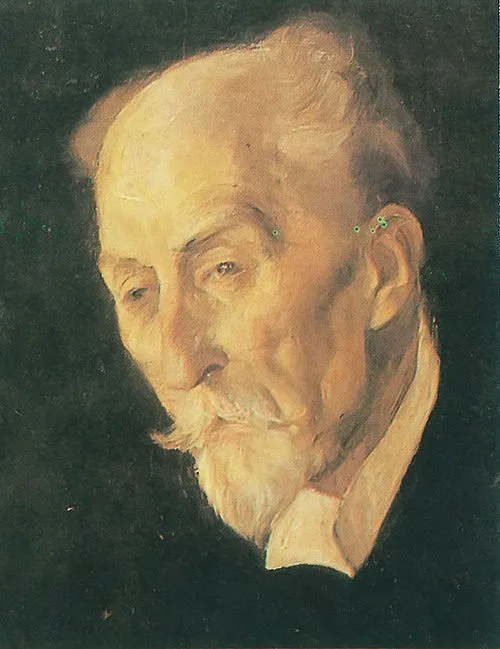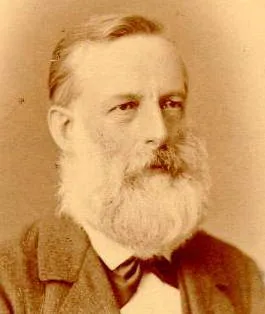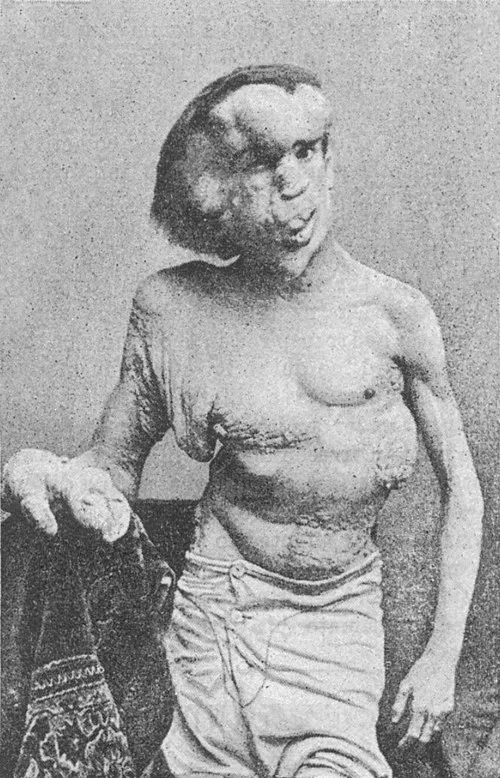
Name: Primo Levi
Profession: Italian chemist and author
Birth Year: 1919
Death Year: 1987
Notable Works: If This Is a Man, The Periodic Table
Notable Themes: Survival, Memory, Identity
Remembering Primo Levi: A Life of Resilience and Insight
The year was 1987, and the world mourned the loss of a profound thinker, an Italian chemist who transformed his harrowing experiences into literary masterpieces. Primo Levi, born in 1919 in Turin, Italy, had always been a man caught between two worlds: one of scientific inquiry and another steeped in the unfathomable depths of human suffering. Yet, rather than being consumed by his past, he emerged from it as a beacon of hope and truth.
Early Life and Aspirations
From a young age, Levi was enamored with the sciences. As a child growing up in an affluent Jewish family during the tumultuous times of pre-war Italy, he showed an early aptitude for chemistry his fascination with elements and compounds was both academic and personal. His interest would later lead him to study at the prestigious Polytechnic University of Turin.
However, Levi's burgeoning career took a dark turn when World War II erupted. The fascist regime's oppressive policies targeted Jews relentlessly; thus, despite his academic brilliance, he found himself facing persecution. Ironically, it was this very adversity that would shape not only his identity but also his legacy.
The Darkest Chapter: Auschwitz
In 1943, as the war raged on and Nazi forces occupied Italy, Levi was captured for resisting fascist rule a decision that would change everything. Sent to Auschwitz concentration camp in 1944 a hell on earth where humanity stripped away its layers he witnessed atrocities that defied comprehension.
Amidst unspeakable horrors where every breath seemed borrowed from fate Levi clung to life through intellect; he utilized his scientific knowledge to survive. He worked as part of a labor group producing synthetic rubber for German armaments while observing how science could be weaponized against humanity itself.
A Return to Reality
The war ended in 1945 with levi’s liberation from Auschwitz but this freedom came at an immense cost. Returning home to Turin post-liberation meant confronting not just personal trauma but also an entire society grappling with guilt over complicity in or indifference towards such evils.
The Writer Emerges
Perhaps one might argue that writing became Levi’s method of catharsis; it allowed him to process grief while bearing witness to those who could not speak for themselves anymore. His first book “If This Is A Man” depicted life within the camp with unflinching clarity a narrative that blurred boundaries between science fiction and stark reality.
A Powerful Voice Against Forgetting
- “If This Is A Man”: Released initially in Italian (1947), this work laid bare horrific truths about human nature under extreme duress it demanded readers question their moral compass amidst chaos.
- "The Periodic Table": Published decades later (1975), this collection masterfully fused chemistry with autobiography the elements serving both literal content yet deeper metaphorical significance reflecting facets of identity forged through struggle.
"The Periodic Table" illustrated how individual atoms were akin to individuals navigating life's complexities each possessing distinct properties while contributing towards forming larger wholes together! It wasn’t merely an homage celebrating scientific marvels; instead it resonated profoundly beyond academia!
Diverse Perspectives & Literary Achievements
Apart from his notable books addressing Holocaust narratives directly including essays exploring themes like guilt & memory Levi ventured into writing fiction too! Works such as "The Wrench" exemplified adept storytelling showcasing characters confronting existential dilemmas amidst industrial landscapes mirroring struggles faced throughout life’s unpredictability…
Like many great authors before him including Albert Camus or Franz Kafka the paradoxes presented through storytelling drew parallels between survival instincts amid alienating environments reflecting broader societal issues still prevalent today!
Pursuing Justice Through Literature
)Inevitably over time became necessary pushback against rising tides intolerance globally… despite suffering inflicted upon countless others worldwide due systemic injustice enacted ever so often irrespective nationalities shapes considered relevant boundaries anymore! … Perhaps achieving these goals mattered even more than mere literary fame? Who knows?
)An Enduring Legacy
)Ironically enough…the very words penned post-World War II by Primo Levis continue resonating loudly today as each generation grapples ongoing conflicts yet again echoing sentiments rooted somewhere deep within mankind itself calling forth reminders unity essential preserving cultural heritage universally recognized regardless where they stand ideologically...
) In July 1987 in quiet solitude surrounded loved ones…






